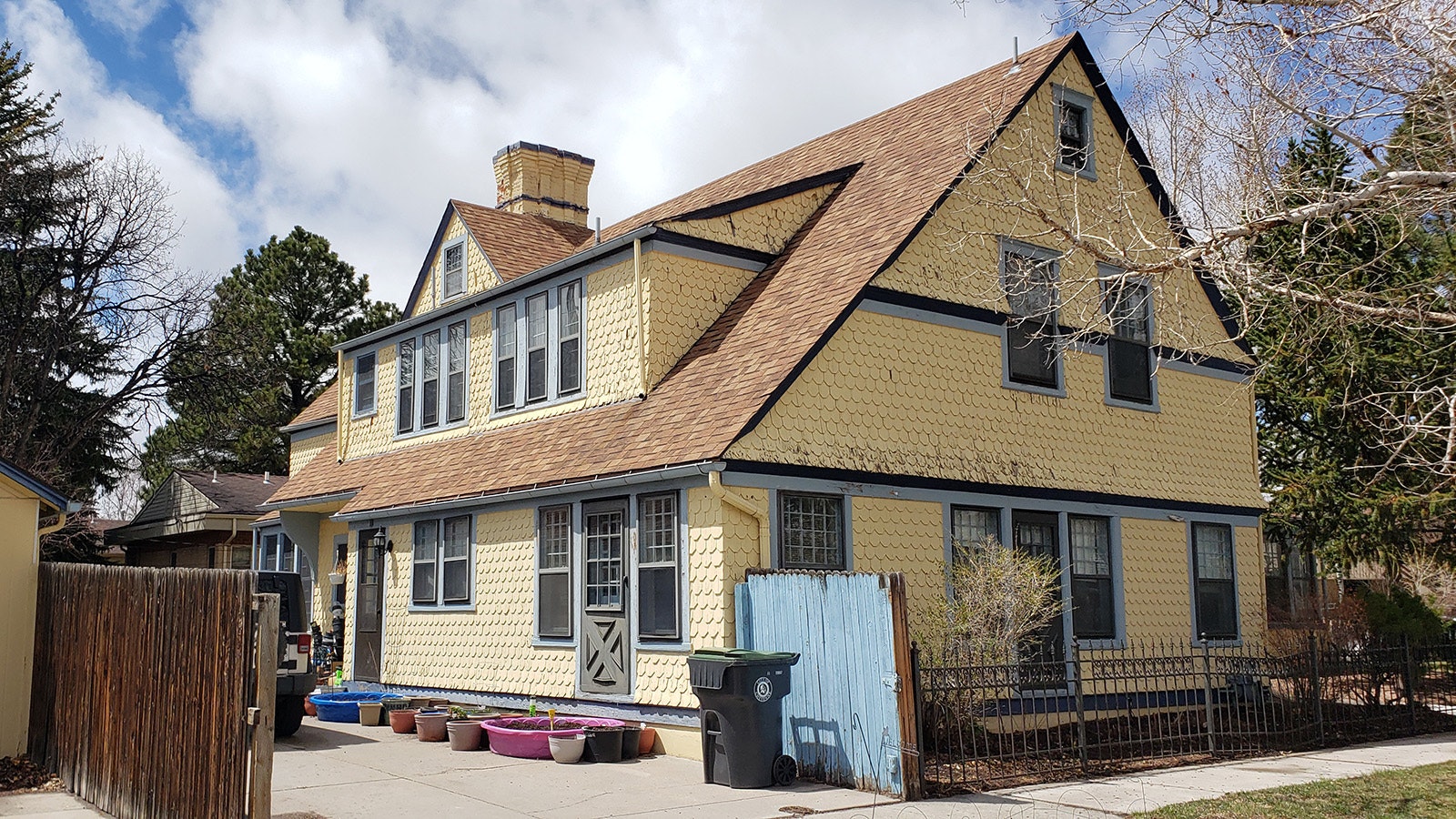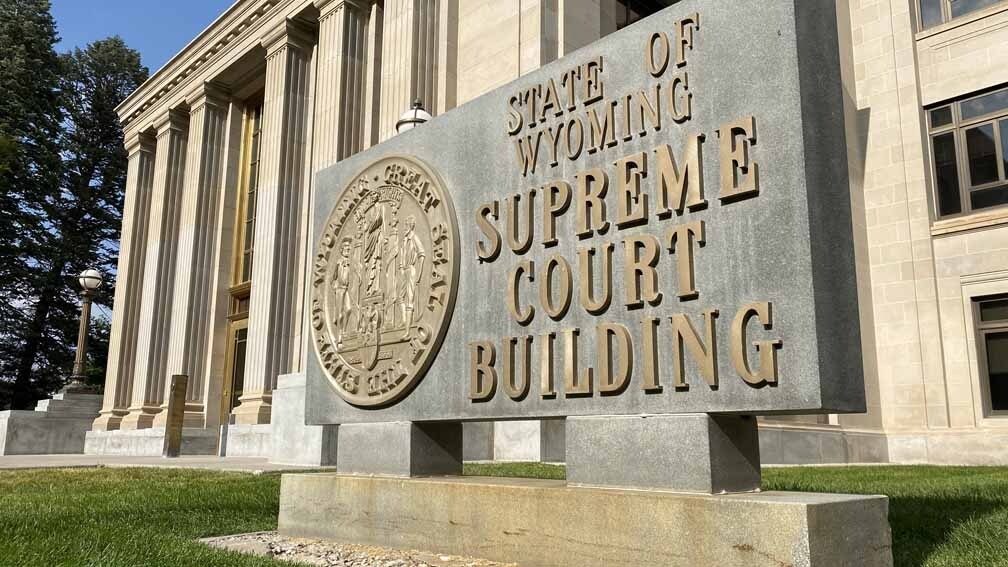Dear editor:
At the bottom of your 2024 Wyoming General Election ballot, you'll find "Constitutional Amendment A," an amendment involving property taxes. The terse description of the item will read, "The adoption of this amendment would separate residential real property into its own class of property for purposes of property tax assessments. The amendment would authorize the legislature to create a subclass of owner occupied primary residences."
Okay. Clear as mud. What does this amendment do, and what are its implications? Should you vote for it?
To understand the amendment, you must first understand the way things are now. Currently, property that's subject to taxation in Wyoming is divided into three classes: mine and mineral products that are extracted from the ground, property used for industrial purposes, and all other real and personal property. Therefore, your house, a ranch, a farm, and an apartment building are all taxed at the same percentage of their value.
During the 2024 legislative session, legislators wanted to give a special tax break to owners of single-family homes. But Governor Mark Gordon vetoed the bill, stating that the tax break was unfair, was not means-tested, and violated the Wyoming Constitution because it taxed properties in the same class differently.
Amendment A would modify the Constitution in two ways. Firstly, it would allow a separate rate of taxation to be created for residential properties of all kinds -- single family, multi-family, ranch houses, etc. Secondly, it would allow the Legislature to single out a "subclass" of this class of property -- owner-occupied primary residences -- for special tax breaks.
Unfortunately, this amendment could raise many thorny questions and potentially lead to highly discriminatory taxation.
For example, suppose you have a home-based business. Is your property still considered "residential?"
If the legislature passes a special exemption for owner-occupied homes, do you lose it if you rent your basement out to a student? To a family member? What if you have an ADU (accessory dwelling unit) on the property?
What if you live in your house for only part of the year and rent it out at other times? Is a ranch house located on an agricultural property eligible?
Is it fair or wise to discriminate against tenants of apartment buildings and rental houses -- our young people and our valuable, scarce workforce -- from the benefits of a property tax break, causing their rents to be higher than they would be otherwise?
Should we place an extra tax burden on Wyoming businesses, hindering greatly needed economic development?
For all of these reasons, it is best not to enable the Legislature to discriminate in favor of a select group of taxpayers -- ones who are actually likely to be better off than the rest -- and against others.
A vote against Amendment A is a signal to the Legislature that if it reduces property taxes, it should do so across the board -- not just for a privileged few -- and not introduce unnecessary complexity into our simple, fair system of property taxation.
Sincerely,
Brett Glass
Laramie





